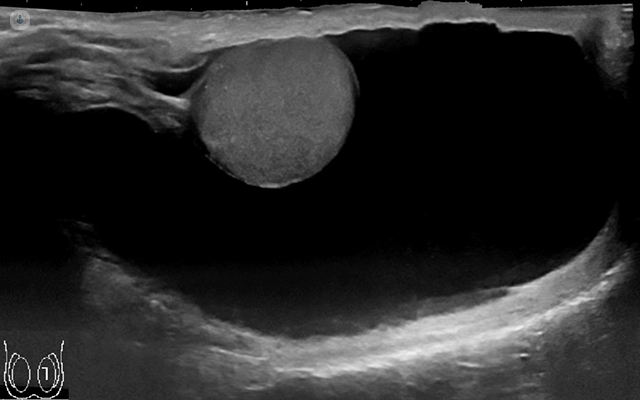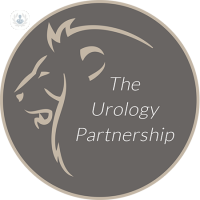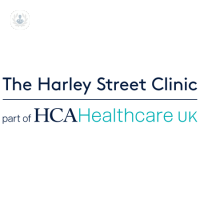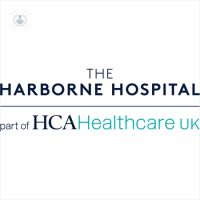Scrotal swelling
Mr Vimoshan Arumuham - Urology
Created on: 02-21-2018
Updated on: 10-18-2023
Edited by: Carlota Pano
What are the causes of scrotal swellings?
A scrotal swelling is an enlargement of the scrotum (the sac that holds the testicles). Scrotal swellings can be caused by a number of things.
If the swelling is painless, it may be due to the following:
- Hydrocele – a build-up of fluid in the tissue around the testicle. This is fairly common, occurring in around 10 per cent of newborn baby boys. They are caused if the duct through which the testicles pass into the scrotum fails to close, allowing fluid to leak through.
- Hernia – if the duct remains open, there is a risk that part of the intestine will pass through it, bulging into the scrotum.
- Varicocele – painless swellings caused by enlarged veins.
- Idiopathic scrotal oedema – fluid builds up in the scrotum, but the cause is unknown (idiopathic).
- Testicle tumour – very rare in children below the age of 15.
Painful scrotal swellings may be caused by:
- Testicular torsion – a testicle twists on its cord within the scrotum, cutting off the blood supply. This is very painful and occurs suddenly. It may require emergency surgery (ideally within six hours) in order to save the testicle. It may occur due to a physical blow to the groin, while playing sports for example.
- Epididymitis – inflammation of the epididymis (the tube that connects the testicle to the sperm duct called the vas deferens). This may be caused by infection, such as e. coli, chlamydia, and gonorrhoea.
- Orchitis – inflammation of the testicles. This is often caused by bacteria (e.g. chlamydia, gonorrhoea, etc.) or viruses (e.g. mumps).
- Zipper entrapment – if part of the scrotum (or any other part of the private area, for that matter) gets caught in a zipper, it can be very painful and may need emergency treatment to free the trapped tissue and relieve pain.
- Schönlein-Henoch purpura – an uncommon condition of unknown origin that causes painful scrotal swelling, joint pain, stomach pain, a rash, and haematuria.
Scrotal swelling can also be caused by other injuries to the area, insect bites, and allergic reactions.

Diagnosing scrotal swellings
Scrotal swellings should be examined by a doctor, particularly if the cause is unknown. The doctor will take a medical history and enquire about when the swelling began and the severity of the pain (if any). A physical examination of the scrotum, testicles, and abdomen will be carried out.
A urine sample is usually taken to check for infections, and in some cases, an ultrasound scan will be performed.
Treatments for scrotal swellings
After a diagnosis has been made, a number of treatments could be recommended depending on the cause:
- Surgery – testicular torsion may require surgery to save the testicle, while a hernia may also require surgery to repair.
- Antibiotics – if bacterial infections are responsible, antibiotics can combat them.
- Observation – some conditions, such as small hernias, hydroceles, and minor trauma will heal on their own. However, the doctor may schedule check-ups to ensure that the problem is healing correctly.
- Pain management – medication may be prescribed to manage pain if severe.
Which type of specialist treats scrotal swellings?
Urologists treat scrotal swellings in adult men, while paediatric urologists treat the condition in boys.















